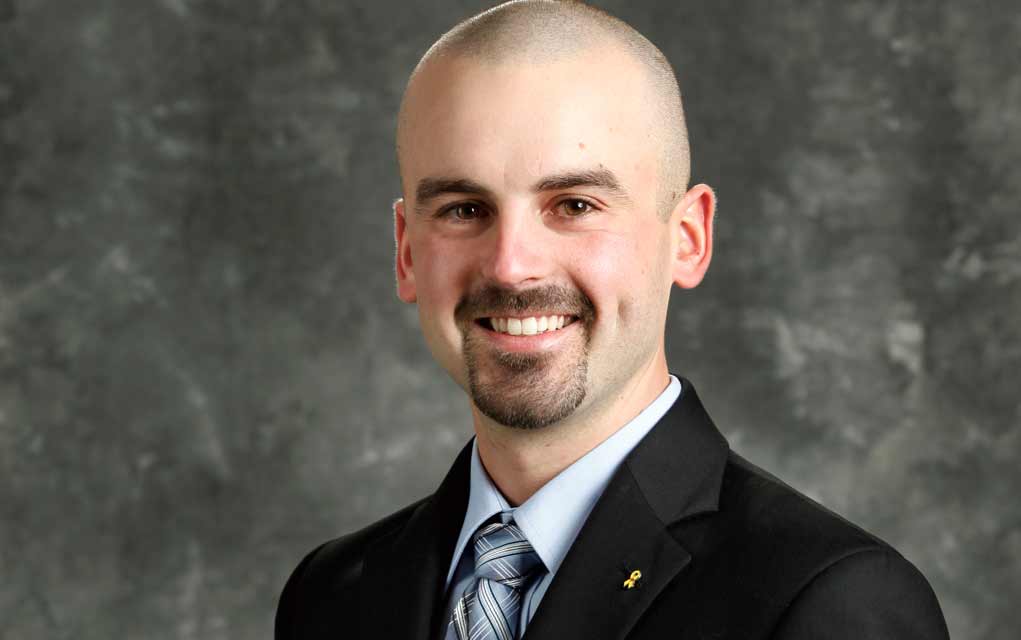School’s out for summer. It’s a familiar refrain, but one that may eventually change, though not any time soon.
The Waterloo Region District School Board will be looking at changes to that long-established practice, voting to form a committee last week that will study the option of full-year schooling.
As envisioned by the board, that concept would see the same number of school days, but with classes continuing through the summer; the breaks would be scattered throughout the year, rather than concentrated during July and August.
The idea was proposed by board trustee Kathi Smith as way to provide a more balanced calendar.
The committee will take into consideration feedback on a full-year schooling program from parents, students and staff, looking to boards currently running full-year programs as examples.
“The main success that schools with year-round schooling have had is the gap between students is much, much smaller because those kids who forget more over the summer months don’t have that big time frame to forget so much that they learned,” said board chair Scott McMillan. “They forget less over a shorter time period. With the current setup with two months off, all kids forget a certain amount of what they learn through the year, but the kids who come from slightly disadvantaged homes or who are maybe new Canadians, they forget more than other kids.”
Besides the loss of learning, studies show that it was easier for kids to get back into the routine of school, along with the benefit of reduced child care and camp expenses to parents.
The closest example of these schools can be found in the Peel District School Board, which currently has three elementary schools running on a full-year schooling calendar. The first of three opened in 2005 on an opt-in basis, meaning that parents who would prefer not to have their kids enrolled could send them to another nearby elementary school.
“I think there is some panic that within the next year and a half our whole board is going to be going around,” he said. “So there is no fear that this is going to be a board-wide change within a year; they (Peel) did one school in 2005; this year, I think they just started their third, so if you look at the speed to which Peel is exploring this and consider us a similar board to Peel, there is not a lot to be afraid of. It was all on an opt-in basis there, and I don’t think we are going to be ramming this down anyone’s throat anytime soon,” said McMillan.
Board spokesman Nick Manning says that the goal of the school board is to make sure that all children are at an equal playing field when learning; if that means smaller breaks, then so be it.
“What we observe across the system, and what trustee Smith has done, is we need to find ways to ensure that every student has an opportunity to succeed,” explained Manning. “And so if there are pockets or there are individual students who have some struggles getting back up to speed after breaks, then this is one way that we can explore to see whether reducing the amount of breaks will help those children to eventually succeed.”
The idea has caused some concern, and a backlash has come mostly with older students who may use the summer time to gain valuable work experience and parents who think the change will happen overnight. However, McMillan assures people this is only the beginning of a very lengthy consultation and research period before any decisions are made, and the original motion put forward applies just to elementary schools.
“This is a long process. I know there was some fear in that this change was going to be implemented for this summer – there is no possibility that any changes will happen this summer,” said McMillan. “I think it’s important to note that we are just exploring this idea and, with any system, there are going to be pros and cons. It’s just important to understand what the pros and cons are and to make a decision based on what makes sense and [not] simply because that’s what we have always done.
“I think there are a lot of parents that are worried that without consultation, without any opportunity to opt in or opt out, they are going to be going to school August 1. That’s just not going to be the case.”
The committee, which will involve trustees, staff and community members as well as students, is yet to be formed. When established, it will be asking for input from parents, students and staff over the next few months, with the committee expecting to report their findings by November.









